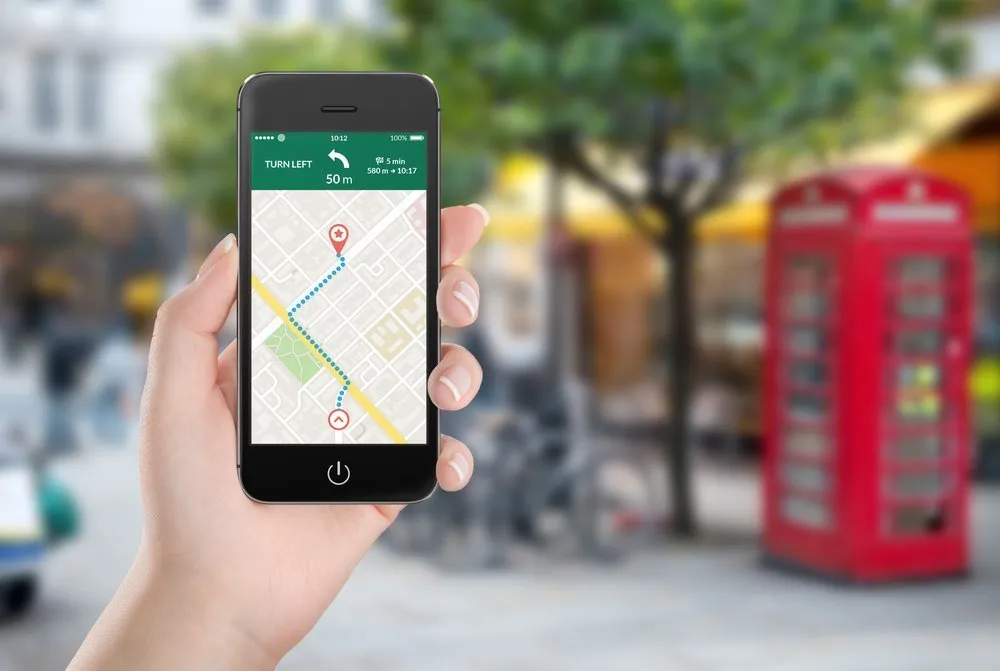9th September 2019
A changing world of data collection
The transport planning profession has always been data-heavy. We rely on local data collection, quantitative evidence, benchmarking and behavioural research.
First-hand experience of data collection is invaluable for future transport planners. It teaches us to always check and question the data we use and its meaning. However, the world of transport data collection is rapidly evolving and, with it, our skill sets must also evolve to understand these new data sources.
The five highest valued companies in the world today are software companies. And we constantly hear of the relative value of technology companies compared to traditional manufacturing and service businesses.
Without actually owning and operating any hotels, AirBnB and Booking.com are both valued higher than any international hotel chain. And without operating any transport services (and without even making a profit), Uber’s valuation is higher than many of the world’s largest vehicle manufacturers.
The business model of the tech intermediary passes the risk of actually operating services and producing goods to third parties. But that business model is also a race, which relies on rapid expansion to gain maximum market share as quickly as possible.
The reward for winning the race to market share is unrivalled insight into the behaviour of consumers – i.e. data – that forms a major part of the value of these companies.





